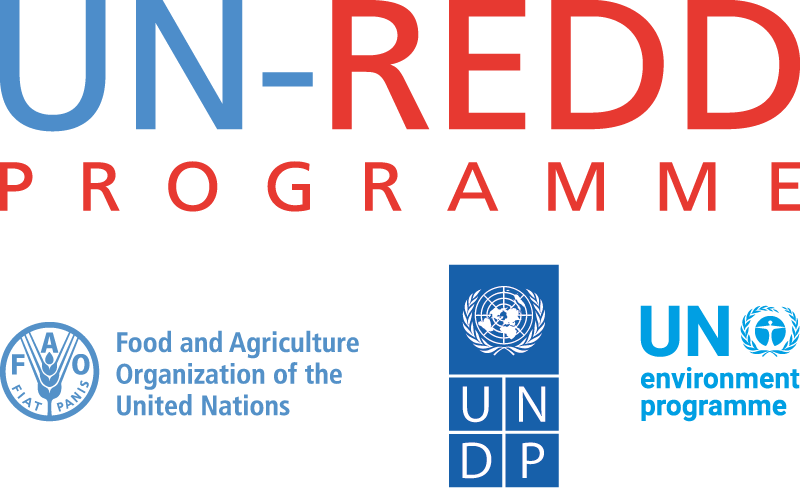
TURNING SUSTAINABLE FORESTRY INTO MUSIC : A NEW BUSINESS VISION FOR THE YURUMANGUÍ COMMUNITY
In 2020, the Colombian community of Yurumanguí became part of an innovative initiative to promote the use of legal and sustainable wood from their community forests, while also preserving their cultural and musical heritage. This fair trade initiative, supported by the UN-REDD and FAO-EU FLEGT Programmes as part of their larger work in the area of community forest management and the legal timber trade, promotes the sale of wood that is harvested legally and sustainably for use in lutherie, the making of stringed musical instruments such as guitars.
The Yurumanguireños, a black community that has ancestrally occupied the Yurumanguí River basin since the mid-16th Century, is made up of 3,800 inhabitants who rely on forests to make houses, furniture, boats, and musical instruments. But for decades, labor-intensive methods of wood harvesting has meant small profits for the community. This new collaboration between the Yurumanguí River Basin Community Council and the network of luthiers Red Faisán connects the community directly with buyers to promote a fair, sustainable, and legal business.
Red Faisán is a cooperation between Luthiers Colombianos and the Coja Oficio Foundation, which promotes the traditional craft of lutherie and acts as the buyer, arranging and agreeing to the terms of sale, delivery, and volume of wood per tree species. Since 2018, the Yurumanguí has been supported by the Ministry of Environment and Sustainable Development (Minambiente), FAO, and DEAM through the provision of technical assistance that has formalized their sustainable and community forest management.
“We recognize and value the ancestral connection between living creatures, and we wish to ask you a favor,” Jorge Enrique Rodríguez, director of Coja Oficio Foundation and sponsor of Red Faisán, told the Yurumanguí delegates before felling began. “Please tell the trees what they will be made into – not fuelwood or charcoal, but rather that soon, they will be making music, and that we will do everything possible to make sure this music sounds beautiful and lasts.”
“This tree felling was very special. For the first time, we knew what our wood would be used for, and the knowledge that it would be for creating music really motivated our eight loggers during 15 days of careful work,” said Graciano Caicedo, leader of the Yurumanguí community. “Making the forest sing and bring music to Colombian ears is wonderful for us Yurumanguireños since the rhythms of the Pacific accompany us daily in all we do.”
The gender approach applied throughout this initiative has encouraged the role of women, in part through leadership opportunities and by integrating women into the community forestry process. With the wood purchased, the Faisán Network will carry out tests on the 16 species available, developing prototypes to identify which species have the best acoustics for guitars. This will enable the identification of the optimal wood composition, and eventually create a value chain centered on music and natural forests in the Pacific region of Colombia. This initiative has contributed to establishing good forest governance practices between wood producers and end-user industries, generating lessons learned on both sides that will be put into practice again soon.

